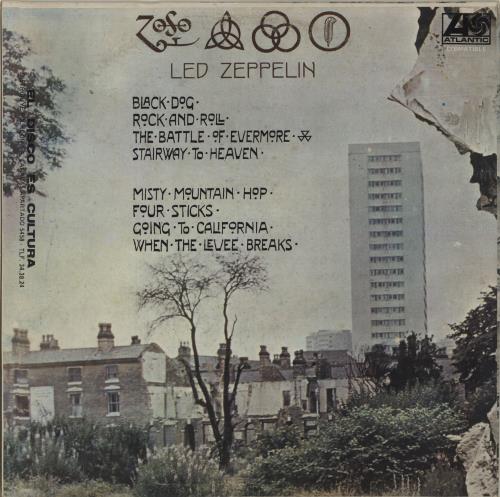What’s the recommended length for a full-length album?
 Temps de lecture/Reading time : 3 minutes
Temps de lecture/Reading time : 3 minutes
It’s a question I often ask myself—almost every time I start working on a new project: how many tracks should an album contain? How long should it be? Should I aim for a specific format or let myself be guided by the creative flow of the moment?
In my approach to composing, the length of an album is always variable. Sometimes, inspiration comes with a dense body of work, a strong concept that needs time to unfold. Other times, just a few tracks are enough to express the essence. I rely heavily on what the music dictates to me. But one thing is certain: I often feel there is an ideal length, a sort of balance between expressiveness and attentive listening.
EP, LP, Single — I Love Every Format
I truly love all formats. The single has that immediate, raw quality, like a snapshot taken on the fly. The EP allows for exploring an idea without stretching it artificially. And the full-length album, the famous LP, remains to me a noble form — a space to tell a complete story, develop a sound aesthetic, set an atmosphere.

I don’t like excessive formatting. Yet paradoxically, as a passionate listener, I do have my preferred format: an album with 8 tracks, about 40 minutes long. It’s a format inherited from vinyl, with its two sides of 4 songs. It’s no coincidence that so many rock and metal masterpieces were crafted this way: albums by Led Zeppelin, Iron Maiden… And especially my favorite album for the past 30 years: Focus by progressive metal band Cynic. Eight tracks, a measured duration, yet immense musical and spiritual richness.
The Numerology of Albums: Even, Odd, Hidden Symbolism?

What I find fascinating is that the number of tracks on an album sometimes carries a deeper meaning. A record with 9 or 11 songs feels different than one with 8 or 10. Is that a coincidence or some kind of unconscious sensitivity? Behind these choices, there are sometimes symbolic or mystical elements. The number 8, for example—with its infinite loop—evokes eternity, cycles, perfect balance. The number 9 is often seen as a number of spiritual completion. Ten sounds like a culmination.
I don’t always try to rationalize these decisions, but I like the idea that an album can carry hidden layers, invisible yet perceptible details. Sometimes, choosing an odd number of songs creates a slight imbalance — a deliberate tension that gives the whole a different kind of resonance. Just like in another of my favorite albums, Countdown to Extinction by thrash legends Megadeth, with its 11 blazing metal tracks.
Conclusion: Between Instinct, Form, and Intention
In the end, I don’t believe there’s a universal rule. Each project sets its own course. But I like to ask these questions and reflect on things that go beyond a mere “track count.” An album is more than a collection of songs. It’s a work with its own breath, its own internal clock. Whether it’s 6, 8, or 11 tracks, what matters most is the intention, the coherence, and the emotional impact it creates in the listener.
[DISPLAY_ULTIMATE_SOCIAL_ICONS]
Image by Bruno from Pixabay